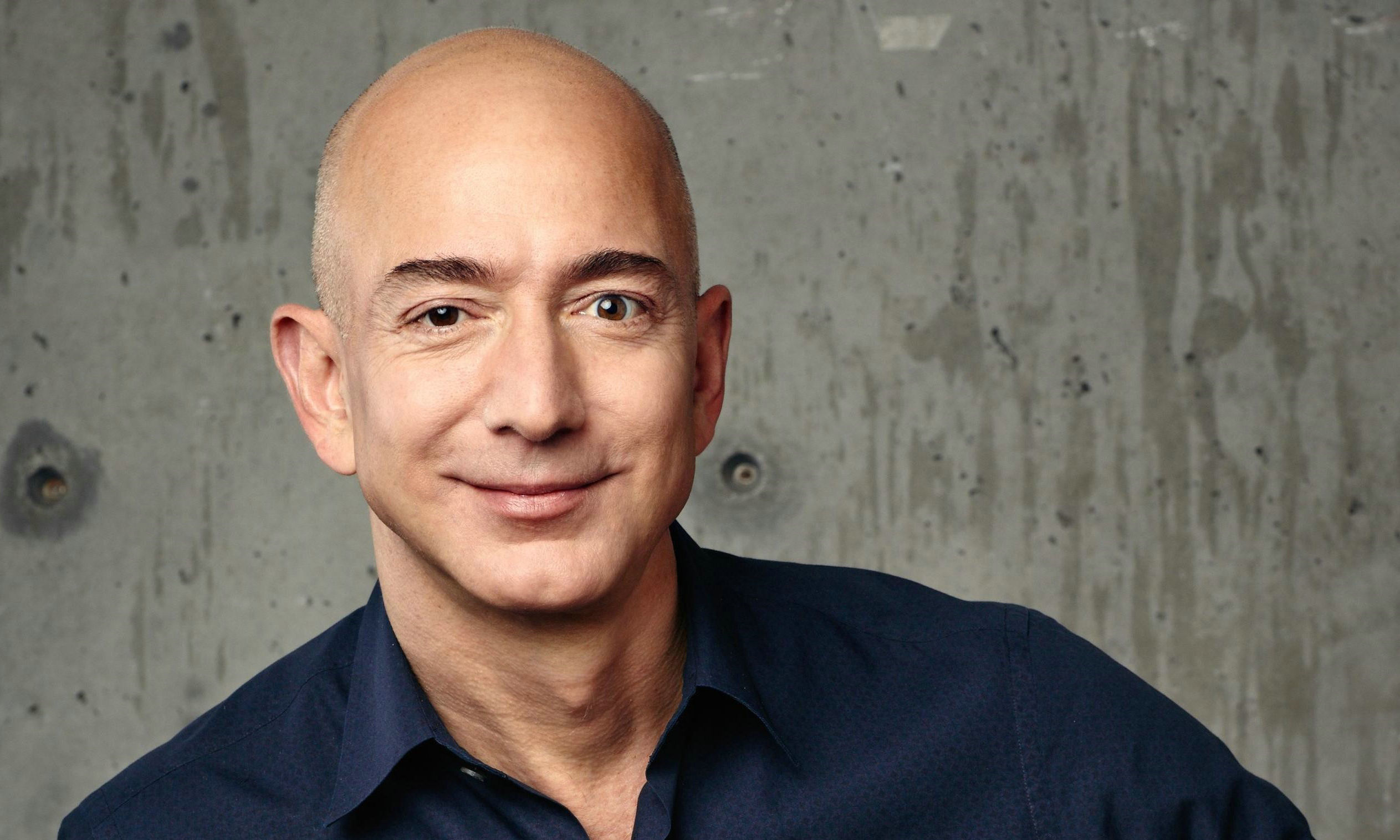In the vast galaxy of the business world, there is such a legendary figure. He started from the sugar business but did not stop at sweetness; he, with the posture of a Chinese, has written a magnificent chapter in the global business. Robert Kuok, the Malaysian Chinese businessman known as the "Asian Sugar King", his life's business journey is a symphony of wisdom, vision and perseverance. This article will explore the depth of his business philosophy through Robert Kuok's legendary experience, and use vivid stories and conclusive data to take you to appreciate the immortal legend of this business tycoon.
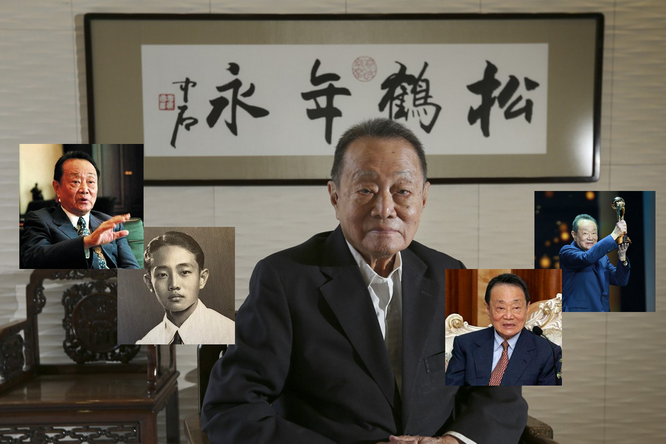
[The opening: The glorious start from the sugar industry]
In Malaysia in the 1930s, a melting pot of multiple cultures, Robert Kuok grew up here. At that time, the country was experiencing the economic take-off after independence, and people of all ethnic groups were working hard and diligently. The colors and atmosphere of this land undoubtedly had a subtle influence on Robert Kuok's vision in the future. Just as he later said, "I draw strength from diversity, that's the color of childhood."
"The family is the first classroom, my earliest school." Robert Kuok often mentioned. In that era, although the specific details were hard to find, it can be inferred that Robert Kuok's family, which attached great importance to education among Chinese families, probably instilled in him the concepts of tenacity and diligence from an early age. At that time, Chinese people were struggling to learn Chinese and English outside, and this multi-lingual environment undoubtedly laid the foundation for his later international vision.
"I knew from an early age that every penny and cent is hard-won." This sentence may reflect Robert Kuok's intuitive perception of life before the age of 3. In that era, many families ran small businesses, and children were exposed to business early, and perhaps Robert Kuok was too. This allowed him to initially understand the market, learn to calculate, understand the value, and this early business enlightenment laid the seed for his later acute business empire.
"Diversity makes me more inclusive." In Malaysia in the 1930s, with the blending of various cultures, Robert Kuok was among them. He was exposed to Malay, Indonesian, Chinese, and Western cultures, which made him learn to respect differences and also to be inclusive. This multi-cultural environment undoubtedly has a profound impact on Robert Kuok's later international vision, dealing with multiple businesses, and handling cross-cultural teams.
"The seeds of success often take root and germinate in the most inconspicuous places." Robert Kuok often encouraged himself with this saying. In 1946, at the young age of 23, Robert Kuok, with a sum of money given by his family, established the first sugar factory in Malaysia. At that time, no one would have expected that this would become the starting point of the largest sugar kingdom in Asia. Through accurate market forecasts and efficient supply chain management, Robert Kuok gradually gained the right to speak in the global sugar industry, making his title of "Sugar King" famous all over the world.
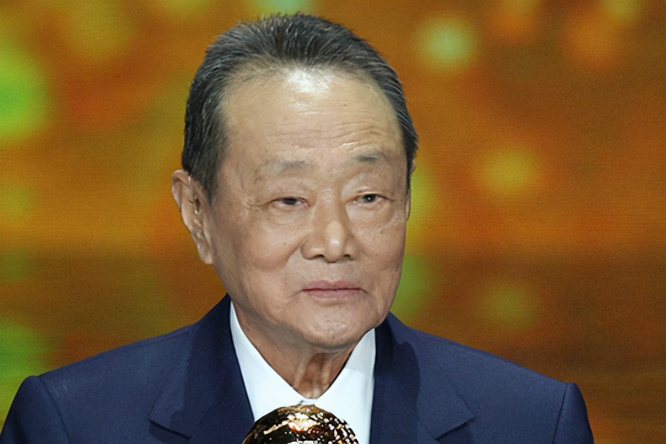
[The dreamy launch of Shangri-La]
"Every great building starts from a seed of a dream." Robert Kuok said so. In 1971, just as his business empire had already been firmly established in the sugar industry, Robert Kuok did not stop, and a new dream was brewing in his heart - to build a hotel so that every guest could experience beyond luxury and feel the warmth of home. Shangri-La thus sprouted in such a vision, and Robert Kuok wanted to turn it into reality.
Robert Kuok knew the market well and knew that a hotel is not only a building but also the art of location. He chose Singapore, this bridge between the east and the west, as the location of Shangri-La, implying the fusion of eastern and western cultures. The prosperity and openness of Singapore provided a unique market background for Shangri-La. Robert Kuok had a unique vision: "Singapore is the heart of Shangri-La and makes it beat."
The design of Shangri-La Hotel, Robert Kuok dedicated himself to creating a dream. He invited top designers to blend nature and modernity, accompanied by green vegetation and water features, making the hotel seem like being in a tropical rainforest. Robert Kuok said: "I hope Shangri-La is a living palace, and every part is breathing." Its design is not only stunning but also reflects his respect for the environment, allowing guests to immerse in nature and experience luxury.
Robert Kuok knew that luxury is not only hardware but also service is the soul of a hotel. He introduced the concept of "heart service" to make every employee a friend of the guests rather than a server. The service team of Shangri-La Hotel has won global acclaim with careful and personalized experiences. Robert Kuok: "What we provide is an experience, Shangri-La is the home of emotions."
Data is the best language. By the end of the 1980s, Shangri-La Hotel had already had more than 10 branches worldwide, and the occupancy rate continued to lead, becoming a benchmark in the luxury hotel industry. Through Shangri-La, Robert Kuok not only created an economic miracle but also set a new standard for Asian luxury hotels, and its influence is still far-reaching.
Robert Kuok knew that a true business empire needs to continuously expand its boundaries. In 1956, he established the Kerry Group, and its business scope covers multiple fields such as real estate, logistics, and food processing. Especially in the early days of China's reform and opening up, the completion of Kerry Center in Beijing not only became one of Beijing's landmarks but also reflected Robert Kuok's forward-looking vision. He firmly believed: "The Chinese market has unlimited potential and is an important engine of the future world economy." This decision enabled the Kerry Group to achieve great success in the Chinese market.
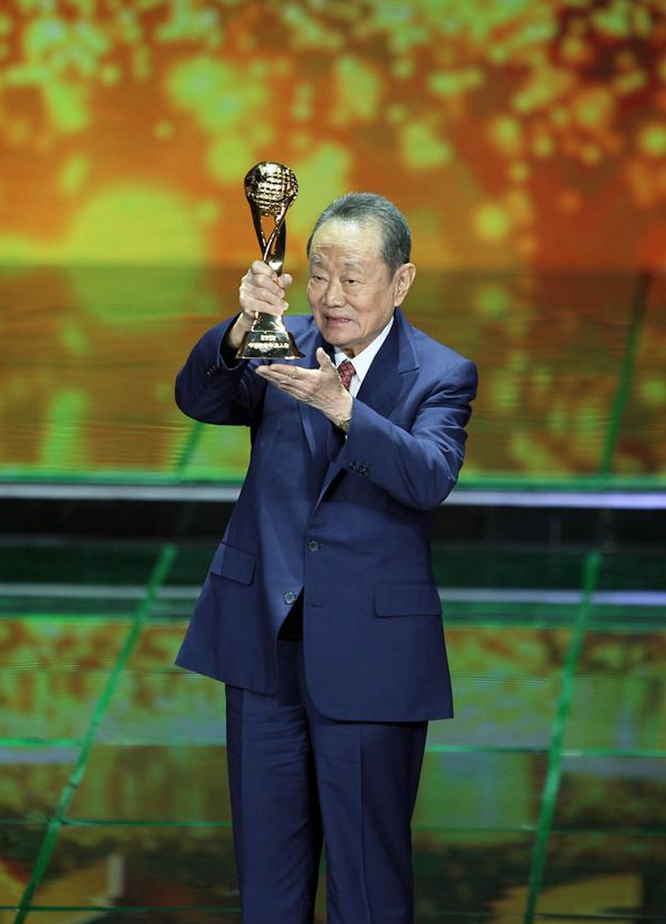
【Crisis Response: Wisdom in Steadiness】
"The greater the storm, the more it tests the wisdom of the helmsman." Khoo Teck Puat once expressed such a sentiment in the face of global economic fluctuations. During the 1997 Asian financial crisis, many enterprises were on the verge of collapse, but under Khoo Teck Puat's leadership, Kerry Group became a model of going against the current. He firmly believed: "True opportunities often hide in crises."
During the Asian financial crisis, Khoo Teck Puat, with his acute market sense, adjusted the financial structure of the group in advance, reduced debts, and increased cash flow reserves. This series of preventive measures enabled Kerry Group to be as stable as a rock when the storm hit. At the same time, he took advantage of the undervalued market opportunity to conduct strategic asset acquisitions, such as precise investment in the real estate field, laying a solid foundation for the subsequent development of the group. Data shows that after the crisis, the asset value of Kerry Group recovered rapidly, achieving growth in adversity.
The core of Khoo Teck Puat's decision-making art in the crisis lies in "assessing the situation". He believes that "A crisis is not a dead end, but a touchstone to test the resilience and wisdom of an enterprise." In the 2008 global financial crisis, Khoo Teck Puat once again demonstrated his steady style. Through diversified business layout to disperse risks and maintain financial health, while continuing to invest in long-term potential projects, such as increasing investment in the logistics and consumer goods fields. These decisions eventually proved their foresight and correctness.
"Steadiness is not conservatism, but finding certainty in uncertainty." Khoo Teck Puat's words revealed the core philosophy of his response to the crisis. He adheres to long-termism and believes that true success comes from continuous value creation rather than short-term pursuit of interests. This concept is reflected in every major decision of Kerry Group. Whether in a crisis or a favorable situation, Khoo Teck Puat can always lead the team to find the guiding light forward.
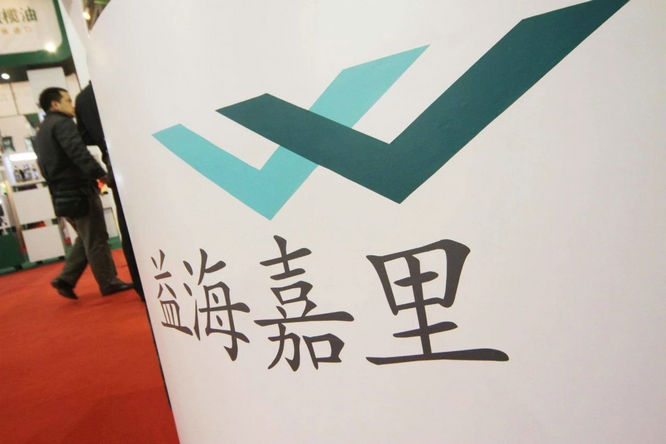
【Social Responsibility and Family Inheritance】
"The responsibility of wealth is to give back to society." Khoo Teck Puat's words revealed his heart. At the time of business success, he knew well the great responsibility and incorporated social responsibility into the bloodline of family inheritance in the name of the family and with love as the guide, allowing the light of the business empire to illuminate the darkness of society.
Khoo Teck Puat set an example and took charity as the sail to guide the family. In the 1980s, Khoo Teck Puat established a fund, focusing on education, medical care, culture, environmental protection, etc., using the action of love and the power of the family to warm the world. According to the data, the fund has accumulated donations of more than hundreds of millions and benefited tens of thousands of people. Khoo Teck Puat's family charity is no longer an individual act but a joint voyage of the family.
"The seed of education, the forest of the future." Khoo Teck Puat regards education as the fundamental. His family education fund subsidizes schools and establishes colleges, such as in Malaysia and China, sowing the seeds of knowledge to the future. "Education is not only books but also responsibility and family inheritance." Khoo Teck Puat's educational concept, family members take teaching by example as their responsibility and learning as their duty.
Khoo Teck Puat's family has a strong green color. Kerry Group's environmental protection projects, such as green buildings and energy, Khoo Teck Puat guides family members to pay common attention to the earth. "Green is home, and protecting home is responsibility." In his words, the family builds green together and responds with actions. The data shows that the energy-saving and carbon reduction emissions of Kerry Group's environmental protection projects are significant. The family green color conveys love for the earth with business power.
Khoo Teck Puat, family inheritance is not wealth but spirit. "The family is a chain of love and the inheritance of responsibility." He set an example, starting with charity, based on education, and taking green as the responsibility, and let family members take over with the transmission of love, from generation to generation. Family inheritance, the depth of Khoo Teck Puat, is the transmission of responsibility, the continuation of love, and the light of spirit, illuminating future generations.
【Conclusion: Eternal Business Philosophy】
Khoo Teck Puat's life is a journey of continuous exploration and practice. From the king of the sugar industry to the creator of a diversified empire, he used practical actions to interpret what is "remaining unchanged in response to all changes" business wisdom. Khoo Teck Puat's story is not only a legend of wealth accumulation but also a profound revelation about dreams, courage, and responsibility. In this rapidly changing era, his business philosophy and life concept will continue to inspire every dream chaser to move towards higher and farther goals.
